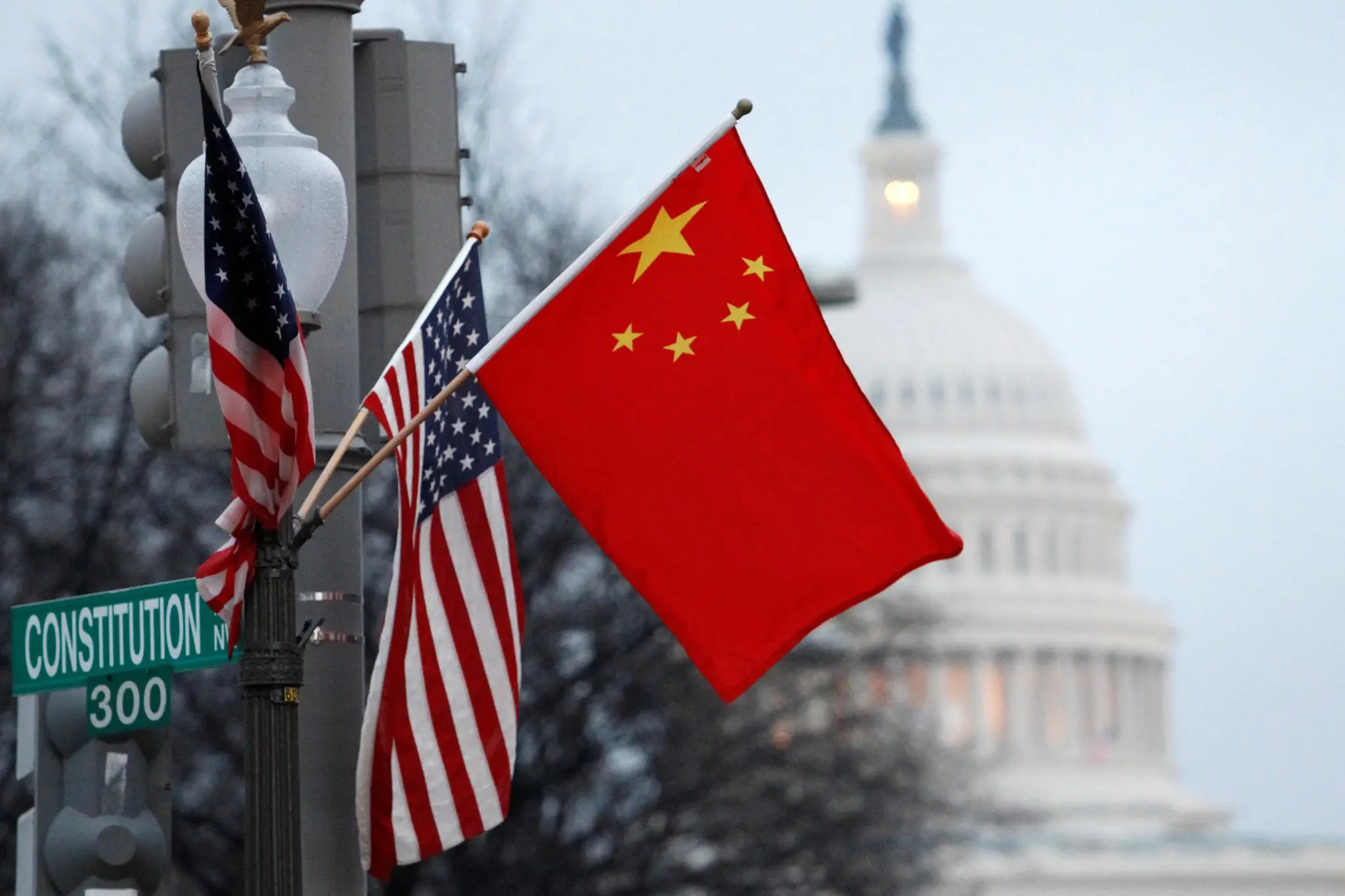Trump Reignites Trade War, Accuses China of Breaking Deal
30.05.2025 18:00 1 min. read Alexander Stefanov
The trade standoff between the U.S. and China took a sharp turn on Friday after President Donald Trump accused Beijing of breaching a recently struck economic agreement.
The remarks come on the heels of Treasury Secretary Scott Bessent’s admission that negotiations between the two countries have once again ground to a halt.
Writing on Truth Social, Trump slammed China for violating terms of a deal he said was intended to stabilize its economy amid what he described as “grave danger.” He claimed his administration’s aggressive tariffs had brought Beijing to the table, prompting a quick resolution that briefly calmed tensions. That calm, however, appears to have been short-lived.
Trump suggested that China had reverted to old practices, disregarding the agreement despite initially benefiting from the temporary truce. His tone marked a sharp shift from previous conciliatory messaging, saying he regretted “playing Mr. Nice Guy.”
The flare-up has already spilled over into crypto markets, which had reacted earlier to Bessent’s comments with notable volatility. Bitcoin, which fell below $105,000 earlier in the day, managed to reclaim ground, holding just above that threshold at press time.
With U.S.-China relations on edge once more, traders are bracing for renewed turbulence — both in traditional markets and across digital assets.
-
1
U.S. PCE Inflation Rises for First Time Since February, Fed Rate Cut Likely Delayed
27.06.2025 18:00 1 min. read -
2
Key U.S. Economic Events to Watch Next Week
06.07.2025 19:00 2 min. read -
3
Gold Beats U.S. Stock Market Over 25 Years, Even With Dividends Included
13.07.2025 15:00 1 min. read -
4
U.S. Announces Sweeping New Tariffs on 30+ Countries
12.07.2025 16:30 2 min. read -
5
US Inflation Heats Up in June, Fueling Uncertainty Around Fed Cuts
15.07.2025 16:15 2 min. read
US Inflation Heats Up in June, Fueling Uncertainty Around Fed Cuts
U.S. inflation accelerated in June, dealing a potential setback to expectations of imminent Federal Reserve rate cuts.
Gold Beats U.S. Stock Market Over 25 Years, Even With Dividends Included
In a surprising long-term performance shift, gold has officially outpaced the U.S. stock market over the past 25 years—dividends included.
U.S. Announces Sweeping New Tariffs on 30+ Countries
The United States has rolled out a broad set of new import tariffs this week, targeting over 30 countries and economic blocs in a sharp escalation of its trade protection measures, according to list from WatcherGuru.
Key U.S. Economic Events to Watch Next Week
After a week of record-setting gains in U.S. markets, investors are shifting focus to a quieter yet crucial stretch of macroeconomic developments.
-
1
U.S. PCE Inflation Rises for First Time Since February, Fed Rate Cut Likely Delayed
27.06.2025 18:00 1 min. read -
2
Key U.S. Economic Events to Watch Next Week
06.07.2025 19:00 2 min. read -
3
Gold Beats U.S. Stock Market Over 25 Years, Even With Dividends Included
13.07.2025 15:00 1 min. read -
4
U.S. Announces Sweeping New Tariffs on 30+ Countries
12.07.2025 16:30 2 min. read -
5
US Inflation Heats Up in June, Fueling Uncertainty Around Fed Cuts
15.07.2025 16:15 2 min. read


